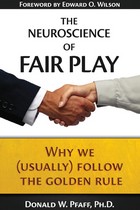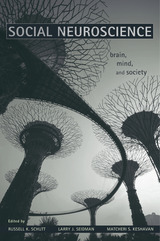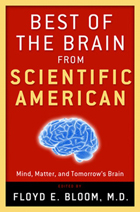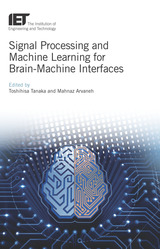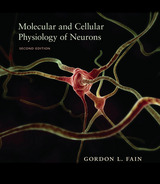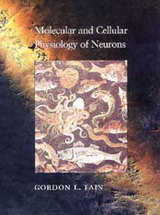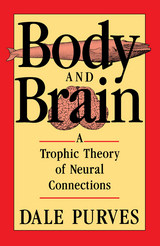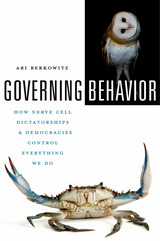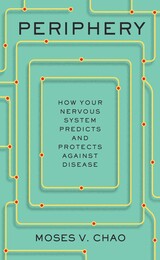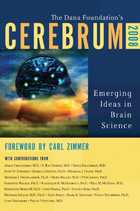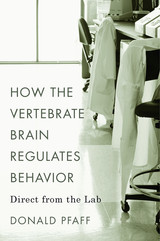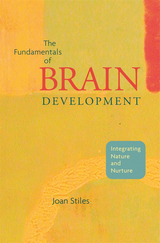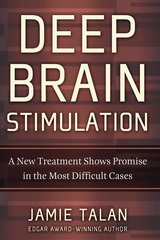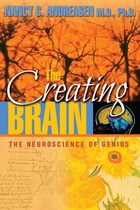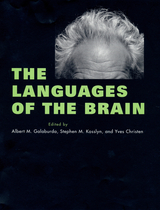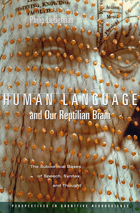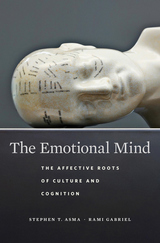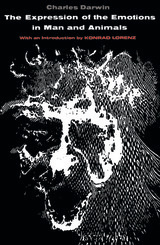Cloth: 978-0-674-08047-8
Library of Congress Classification QP376.J413 1985
Dewey Decimal Classification 612.82
Movement has long been considered the most obvious expression of brain activity and its correlative, mental activity. By studying movement, the neurophysiologist hopes to penetrate the interior of the living being and uncover the hidden source of action and its clues to the origin of life. We presume a role for the brain in movement—but should the brain be viewed simply as a machine that reacts to diverse stimuli, or is it an intelligent machine that organizes and controls not only itself but also the world around it?
Drawing upon the many disciplines that have contributed to brain research—anatomy, physiology, clinical neurology, psychology, psychiatry—Marc Jeannerod traces three centuries of ideas about movement and the brain. His critique of neural science takes into account the work of thinkers ranging from Descartes and Willis to Held, Hubel and Wiesel, Piaget and Chomsky. In his historical survey Jeannerod sees parallels between the influential neurological theories and dominating philosophical questions of the time: What is the nature of the soul? How does knowledge originate? What is the relation between the living organism and its milieu? Jeannerod's elegant arguments demonstrate that the “brain-movement problem” is the essential paradigm of the “brain-mind problem.” He advances a view of the neural organization of movement that has far-reaching implications for psychology and all neural sciences.
See other books on: Brain | Development | Neurophysiology | Neuroscience | Research
See other titles from Harvard University Press

